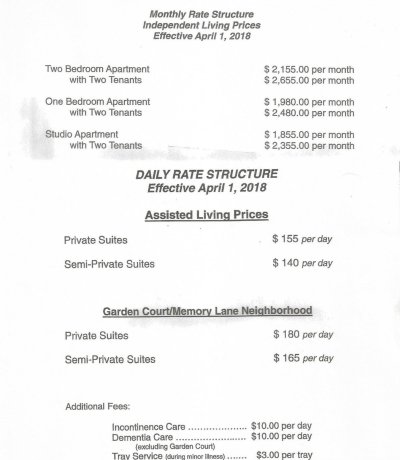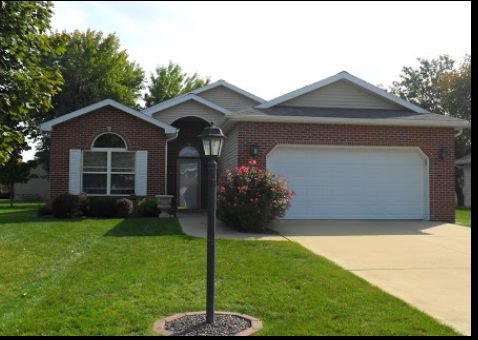well, whack me with a wet noodle for my curiosity

i just found this interesting, if dated, study:
https://www.soa.org/globalassets/assets/files/research/exp-study/nia_report.pdf
from quick scan it looks like 8 yrs for females and about 6.5 yrs for males in terms of longevity after entry. Also, if i read it correctly, once a person enters the skilled nursing part of the ccrc, they have a morbidity that is not significantly different from the general population. I suppose there might have been some expectation that ccrc residents, being of higher socio economic background, would last longer.
life expectancy compression: The impact of moving into a long term care facility on length of life - life care funding
this is a somewhat more recent article and it claims an average stay in ccrc of 77 months.
And here is a much more recent study focusing on just north carolina ccrcs
https://cdn.ymaws.com/www.leadingagenc.org/resource/resmgr/docs/2015_ccrc_economic_impact_st.pdf
here is a more detailed study of the demographics in ccrc's, from 2014:
an introduction to continuing care retirement communities - milliman insight
i found it useful, from the quote below, to know the percentages of time spent living independently vs in care, from the quote below:
"the ages at entry of residents who enter ccrcs typically range from 65 to 95. In the last 20 years, average entry ages have increased from the mid 70s to the lower 80s. Today, average ages at entry are generally in the 80 to 83 range, but this can vary from community to community. A mature ccrc (over 10 years old) will have an independent living population with an average age of between 85 and 87.
Both singles and couples enter all ccrcs. The percentage of couples at entry can range from as low as 10% to as high as 70%. While most couples are married males and females, there are also same-sex couples, sisters, brothers, or mother and daughter couples that occupy ccrc units. Because residents tend to spend their remaining lifetime at the ccrc, the existing resident population at any community will contain many single residents who originally entered as part of a couple, but are now living as a single resident due to the death or permanent transfer of their spouse or partner.
Residents who enter ccrcs as singles are overwhelmingly female, although this has changed somewhat in the last 20 years. The percentage of single residents who are female can range from 70% to 85%.
Average life expectancies range from 10 to 12 years at entry, but this can obviously vary by age, sex, and health status. On average, residents can expect to spend 70% to 80 % of their lifetime at a ccrc in the independent living level of care (ilu), 10% to 20% in the assisted living level of care (alu), and 10% to 20% in the skilled nursing level of care (snf)."


